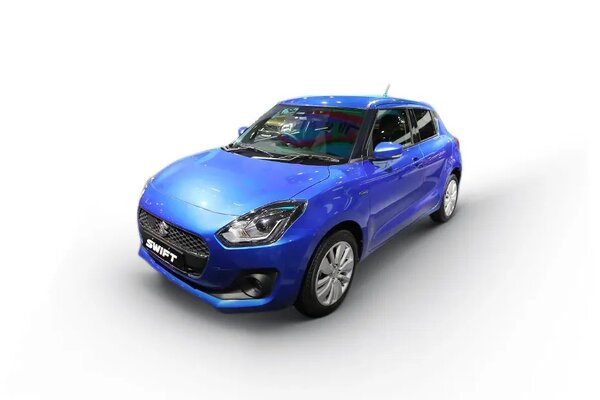Maruti Suzuki to shift focus on ‘higher-end cars’ as small car market shrinks


Maruti Suzuki is gearing up to realign its focus as per the evolving market trends. The country's biggest carmaker is now planning to step up its game in the higher-end passenger car segment as the market of small cars - its bread and butter - is dwindling due to several factors including rising costs, and lower demand.
“Small cars used to be our bread and butter," Maruti Suzuki India Chairman R.C. Bhargava said in a post-earnings media call. “There’s no butter in small cars anymore. We will have to change our strategy. People with limited income are getting squeezed out of the car market due to higher cost," he said, adding the market for hatchbacks is “shrinking significantly."
Also check these Cars
Also Read : 2023 Suzuki Vitara / Escudo SUV launched with full-hybrid tech
While the SUV market continues to swell, there has been a sharp 25% decline in the demand for hatchbacks in the last four years. This is mainly due to the higher commodity prices and taxes by state governments, Bhargava said. The company will now shift investments as per the new market demand, which is higher-end cars, Bhargava added.
The Alto-maker has also confirmed to invest 1.6 billion rupees ($21 million) to further ramp up the overall annual capacity of its Manesar plant by 100,000 units by April 2024, Bhargava said.
The company further informed that it recorded better-than-expected quarterly income primarily because of higher vehicle prices which counteracted the higher input costs. Maruti's net income jumped to 18.4 billion rupees for the three months ended March 31, versus 11.7 billion rupees a year earlier, the company announced in a recent statement.
Also Read : 2022 Maruti Suzuki Brezza images leak online, show multiple updates
As the international carmakers, Indian OEMs are also struggling to absorb commodity inflation triggered by the increasing price of raw materials. Major carmakers such as Tata, Maruti, Mahindra and more, have recently announced a price hike to offset the higher input costs. “The prices of commodities such as steel, aluminum and precious metals witnessed an unprecedented increase during this year," the company said in the earnings filing. “This financial year has been unique owing to an unprecedented global crisis caused by the pandemic and electronic component shortages."
(With Agency Inputs)








 998 cc
998 cc Petrol
Petrol















